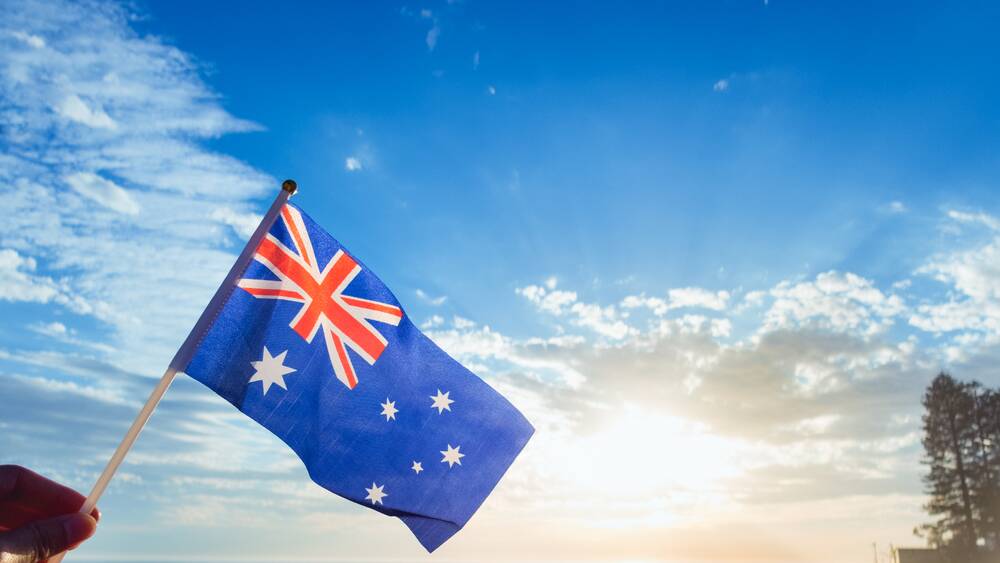
As January 26 rolls around every year, the support to change the date the nation celebrates Australia Day appears to grow stronger.
Subscribe now for unlimited access.
$0/
(min cost $0)
or signup to continue reading
Crowds continue to increase at Invasion Day events, councils are choosing to acknowledge honours on a different day, and some have even gone as far to pass motions supporting a change of date.
In 2016, the Tasmanian government changed its constitution to recognise Aboriginal people as the First Tasmanians.
A year later the Reconciliation Council of Tasmania was formed to be an inclusive and consultative process to further progress reconciliation in Tasmania. Closing the gap is a national objective that must be approached at all levels of government and within the community.
Recent comments from state politicians that Australia Day date is a national issue is disappointing. In fact, it's a bit of a cop-out. It's well known that change happens from the ground up.
A recent example would be the marriage equality debate. Marriage laws are a federal issue. Despite this, the Tasmanian government entered a debate on the issue and in 2015, Tasmania became the third state to support marriage equality. This debate sets a precedent on federal decisions that are social issues.
Tasmania joining the conversation indicated a need to address the issue, a plebiscite followed, and we now have marriage equality in Australia. The marriage equality plebiscite did not have a unanimous result, but there was a clear majority.
By no means should a plebiscite occur for Australia Day. Instead, we must ask the question: "are you impacted negatively by celebrating Australia on January 26" and "if the date was changed, how would that impact your life". For First Nations people, the answer is a clear and resounding yes when it comes to the negative experiences of January 26. That answer alone is enough to be having a serious conversation about the date, and in turn, move further down the path of reconciliation.
This conversation must be led by our leaders, which starts with the state government.

